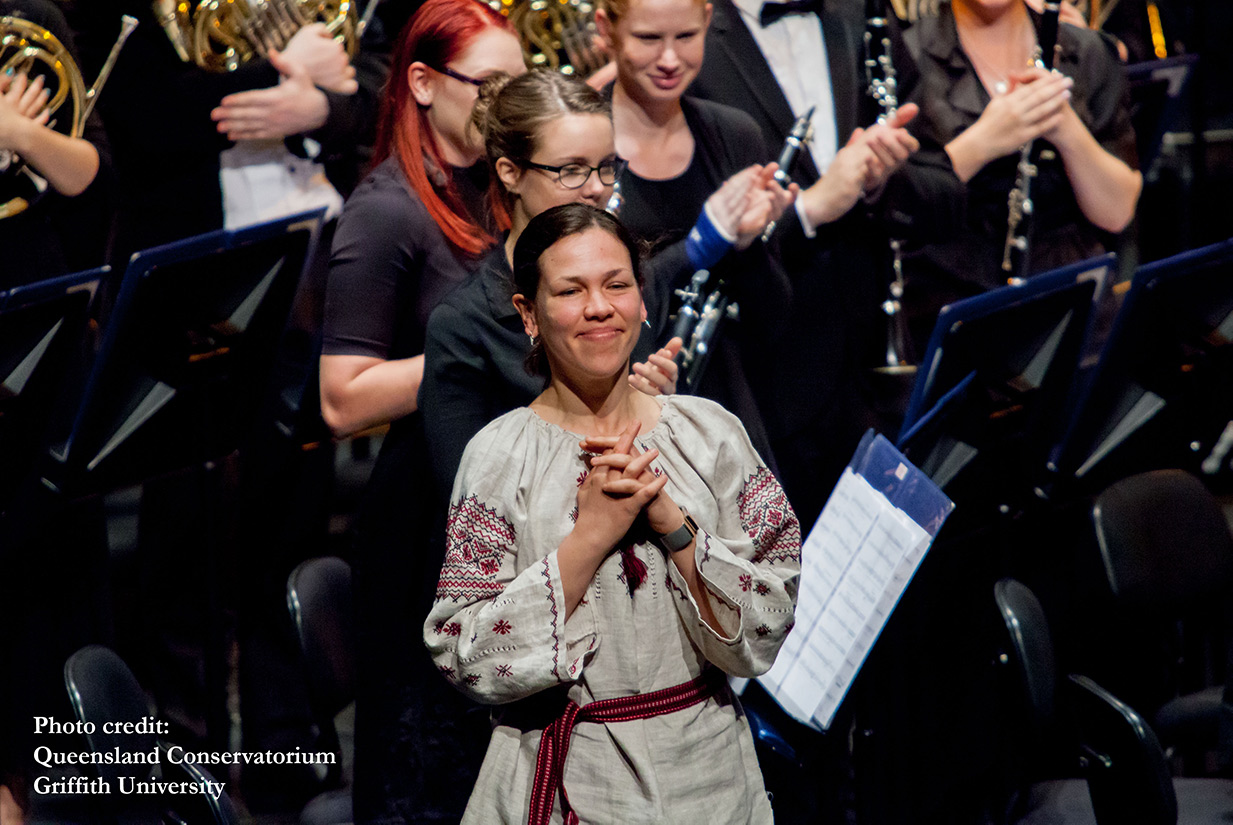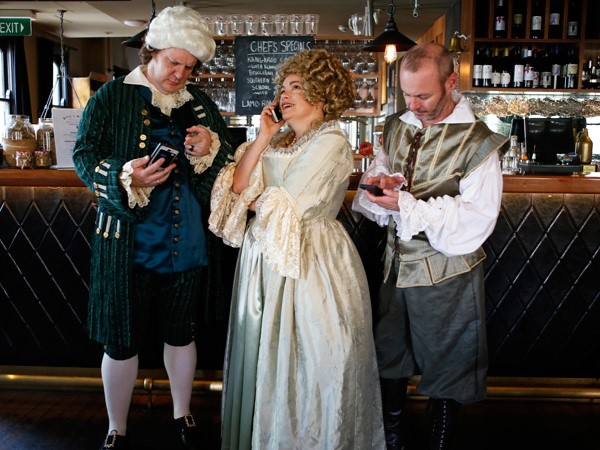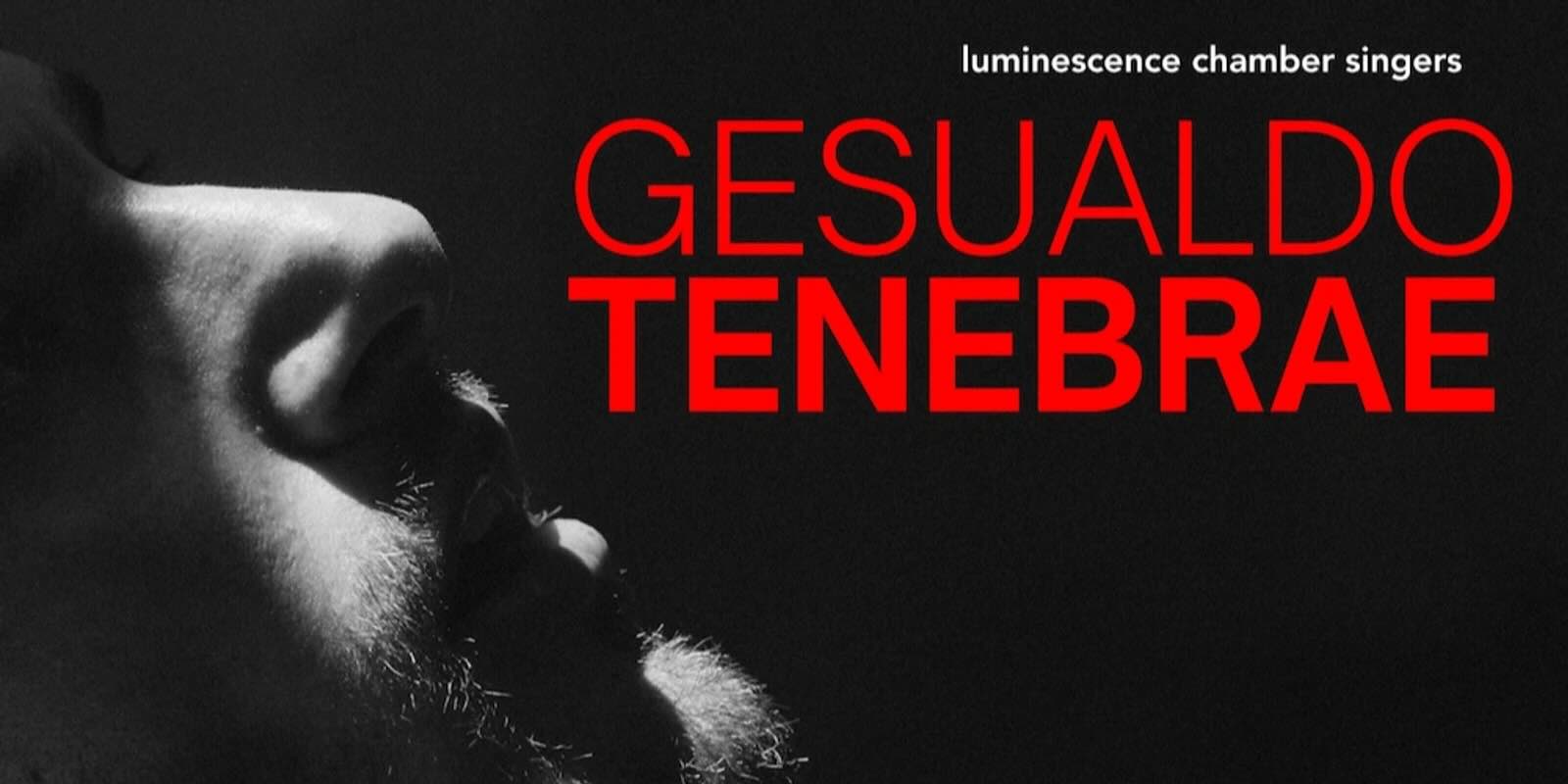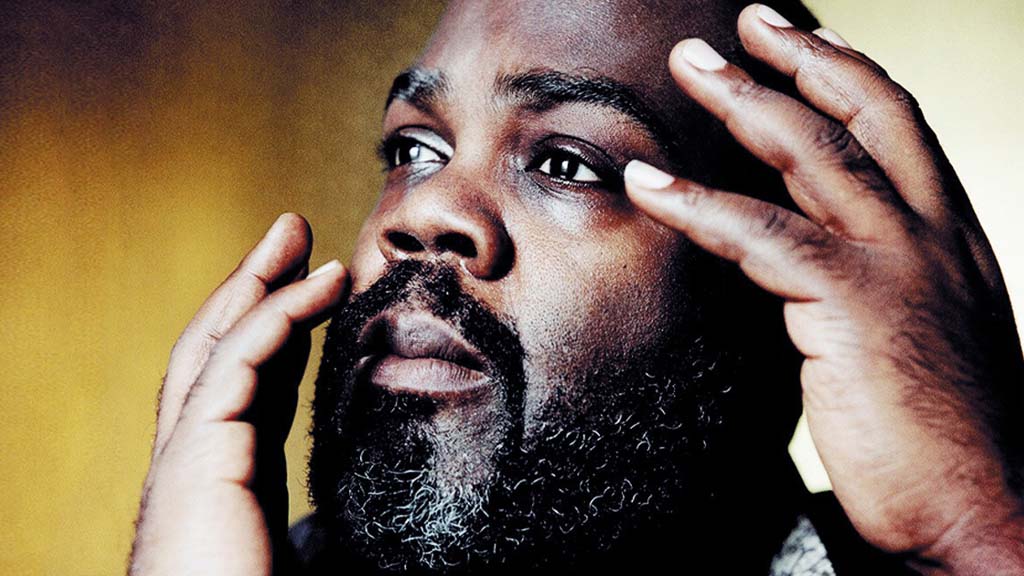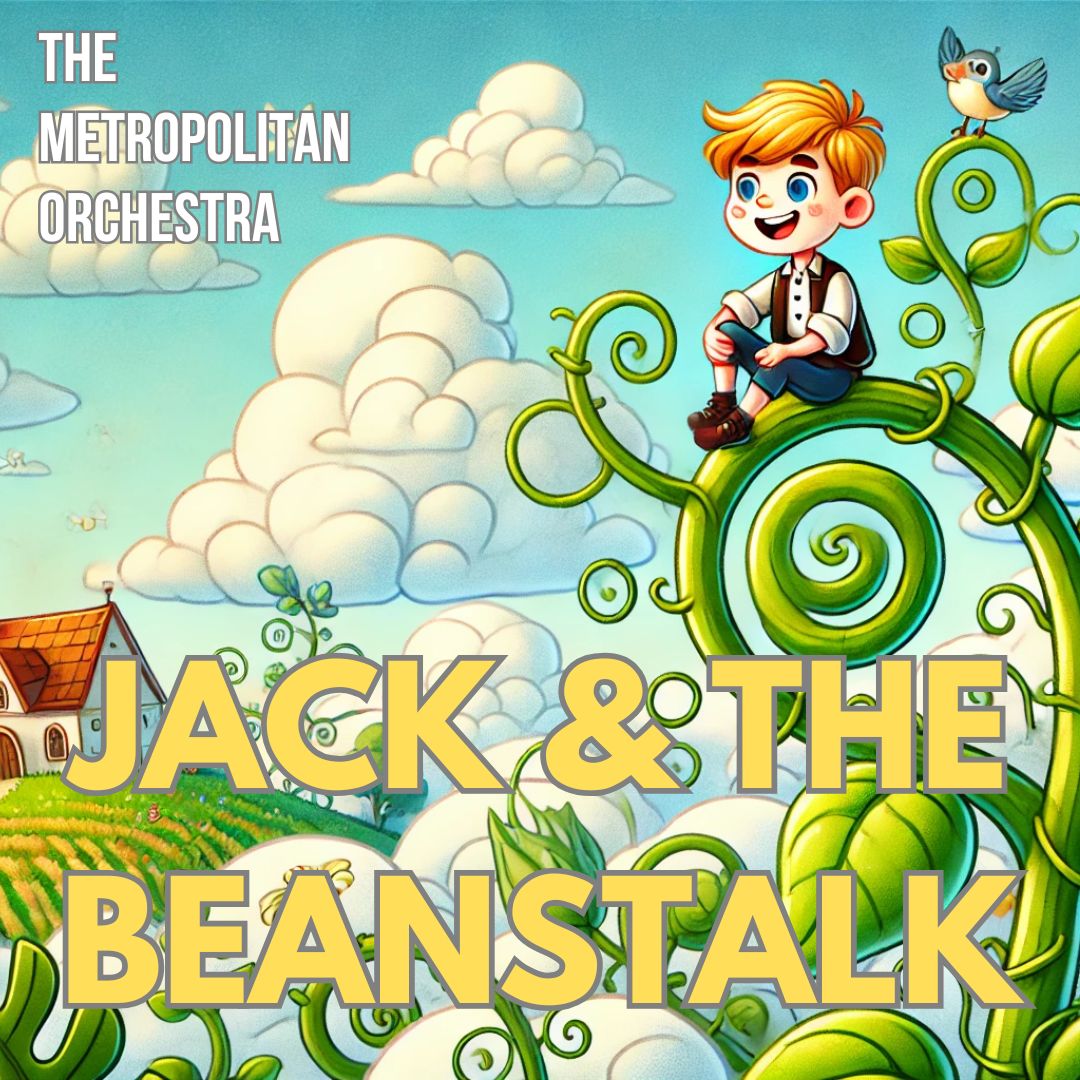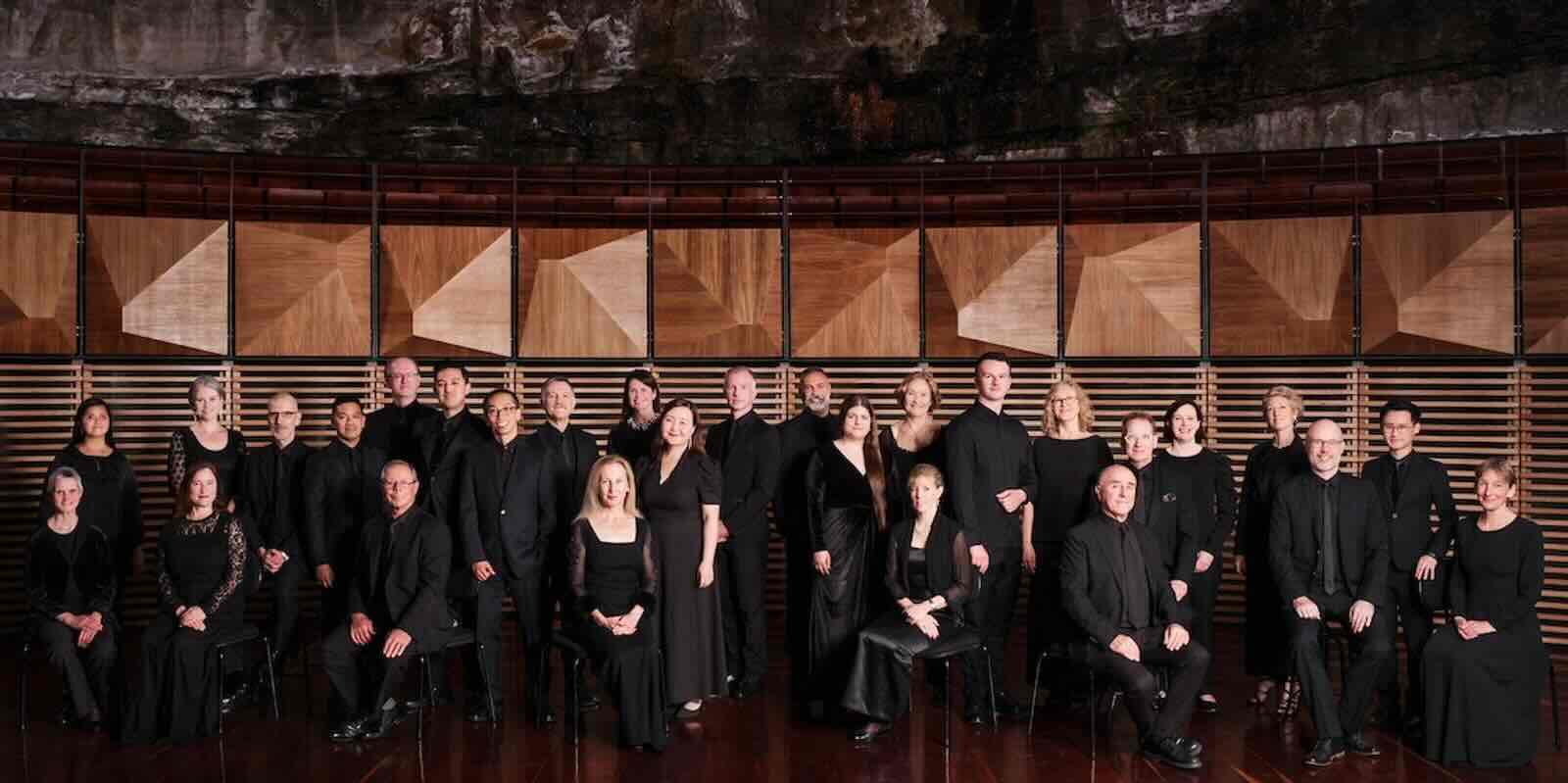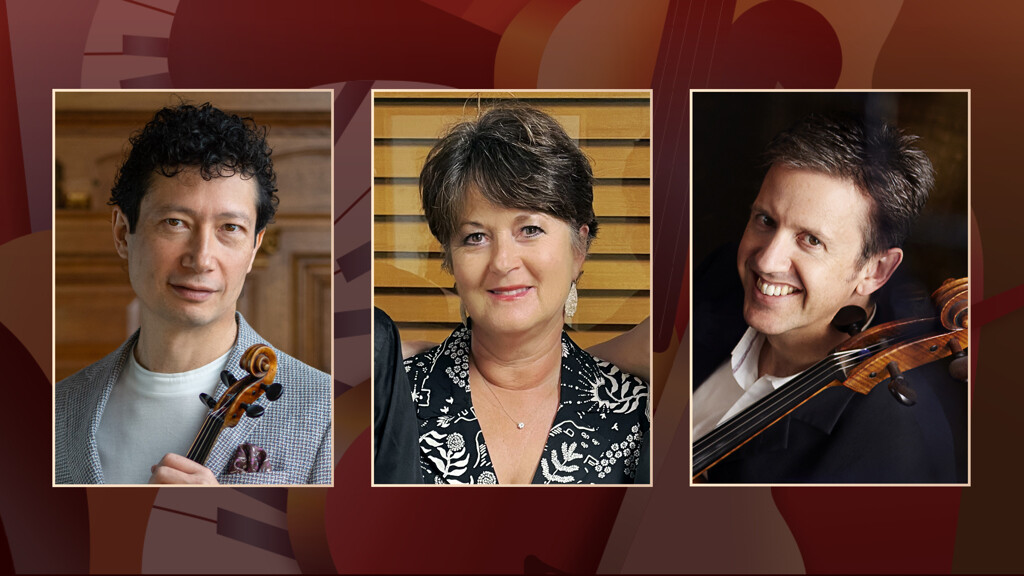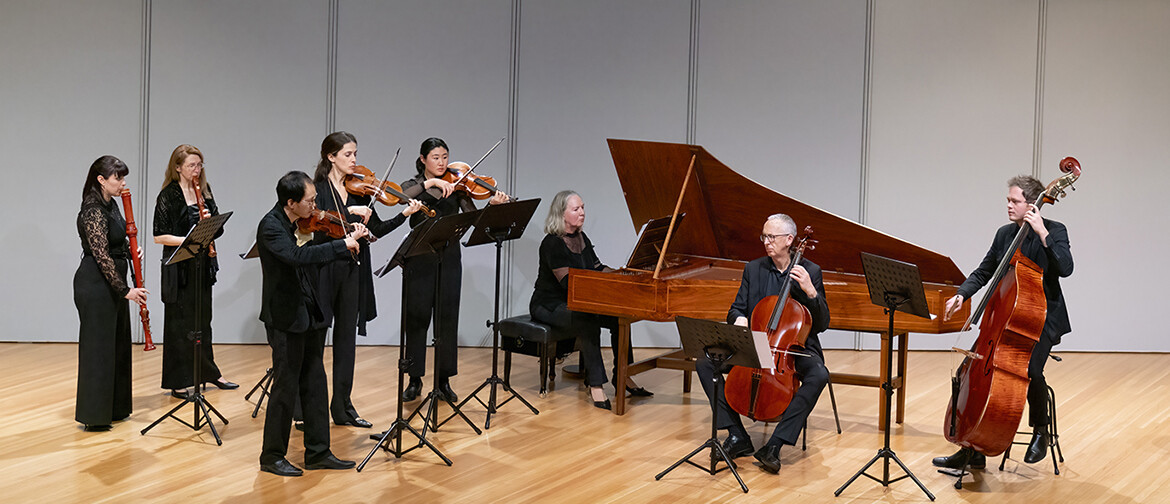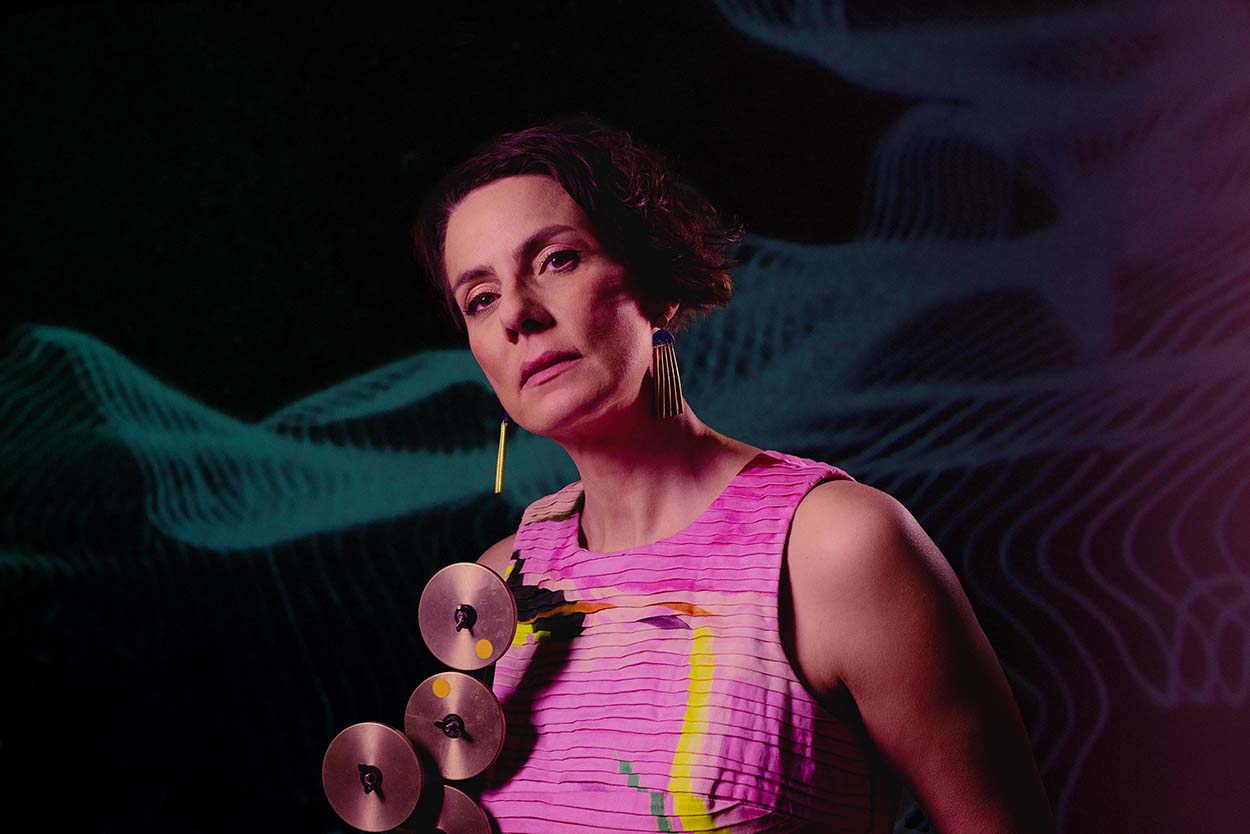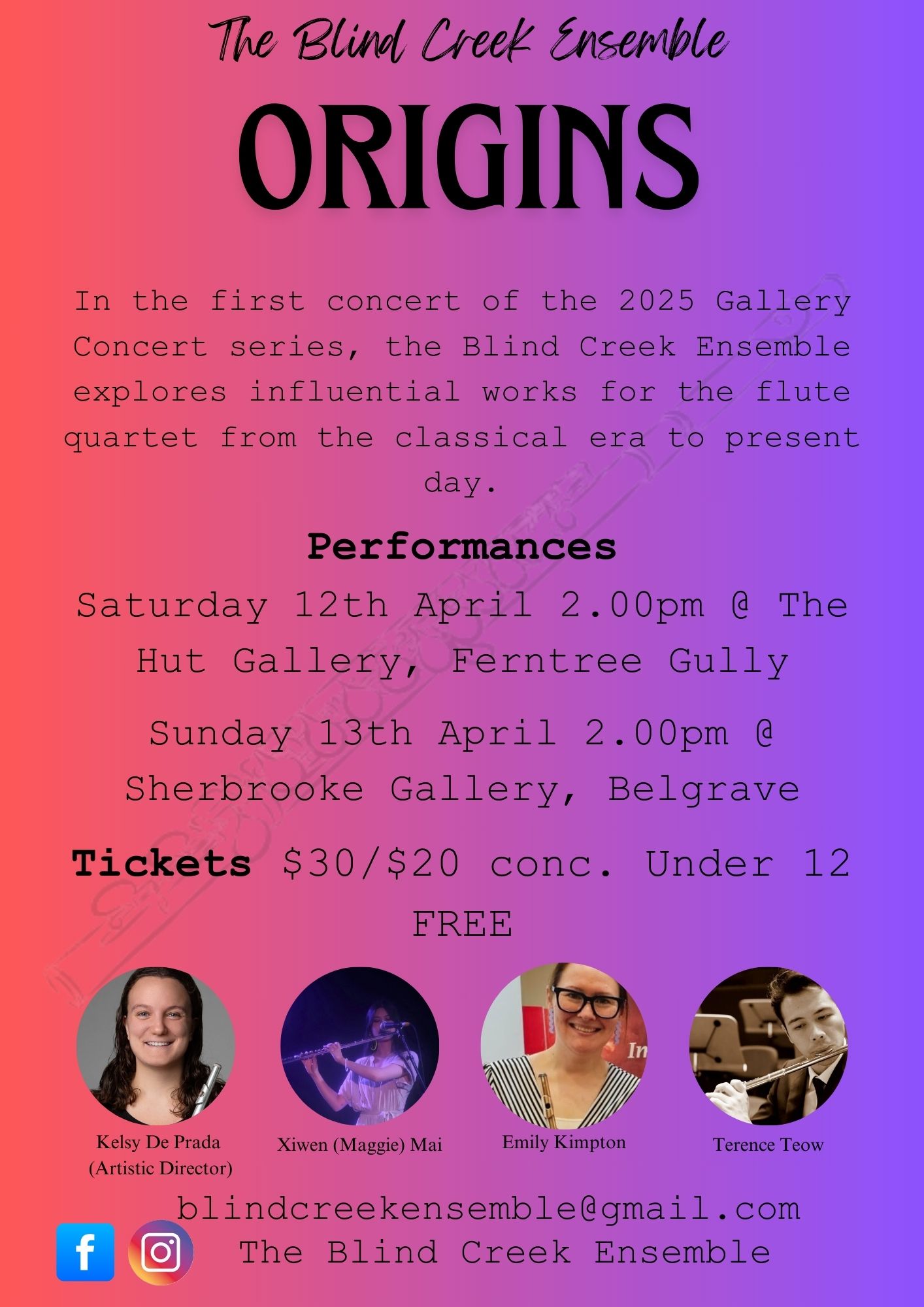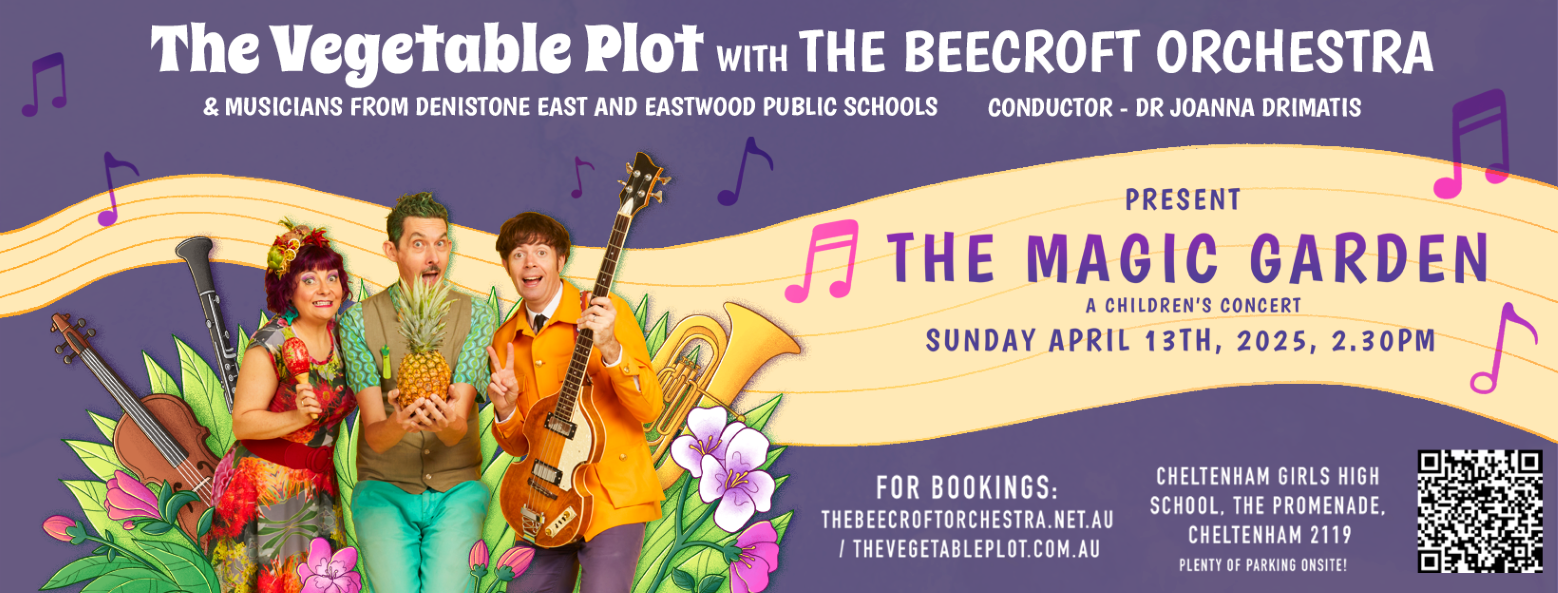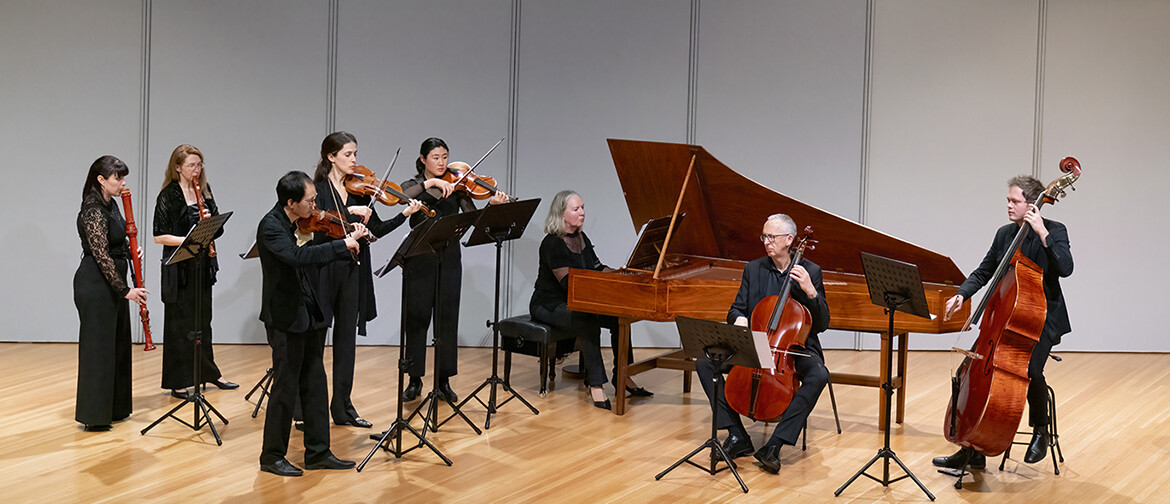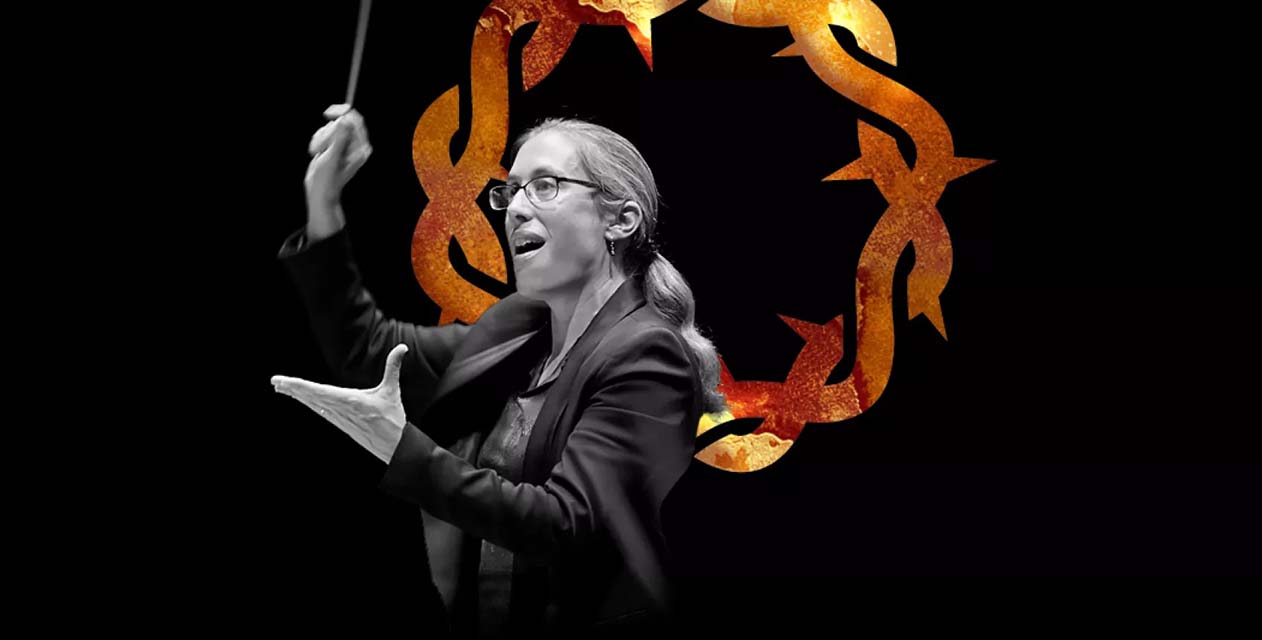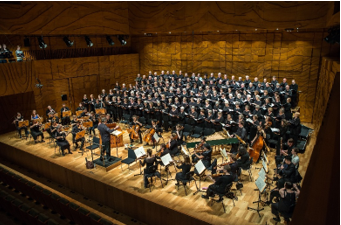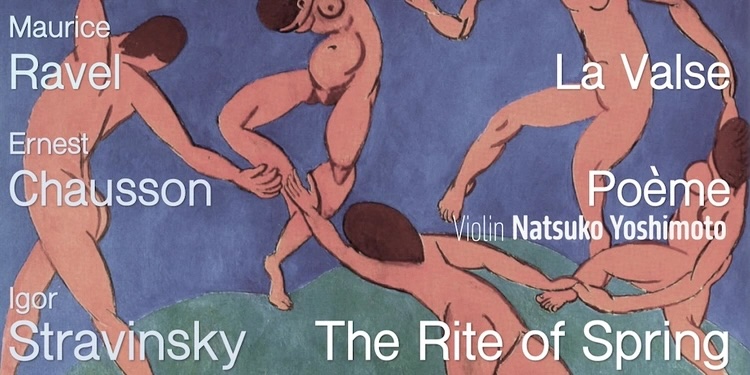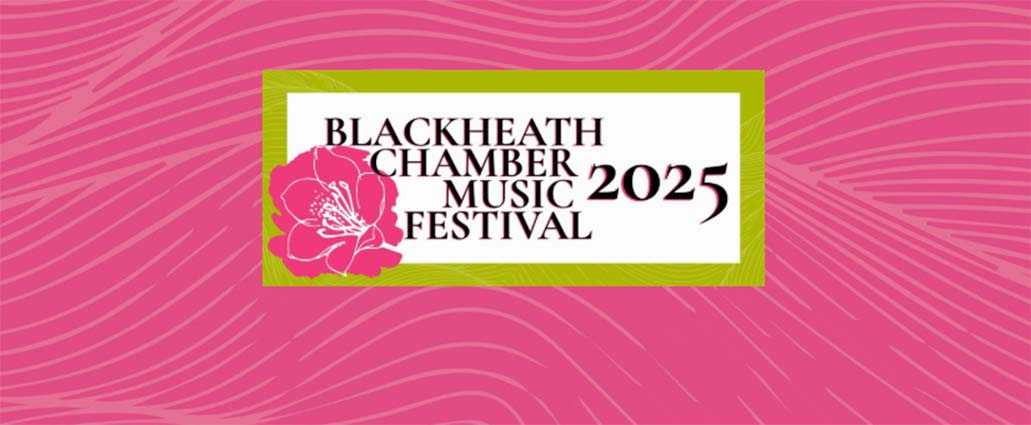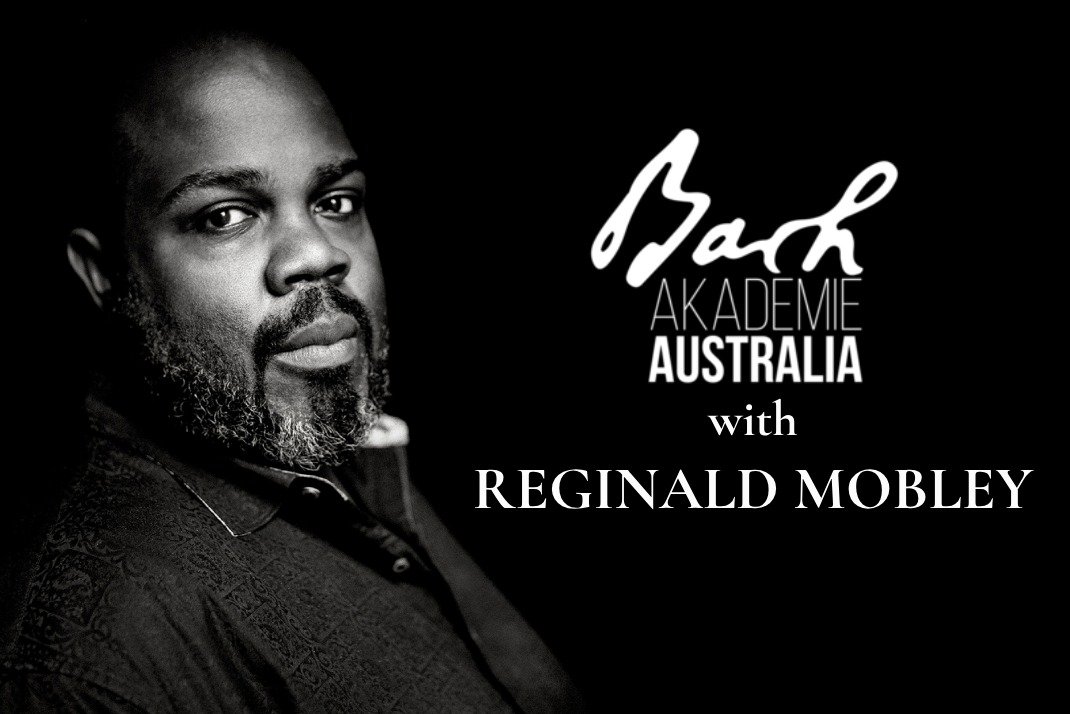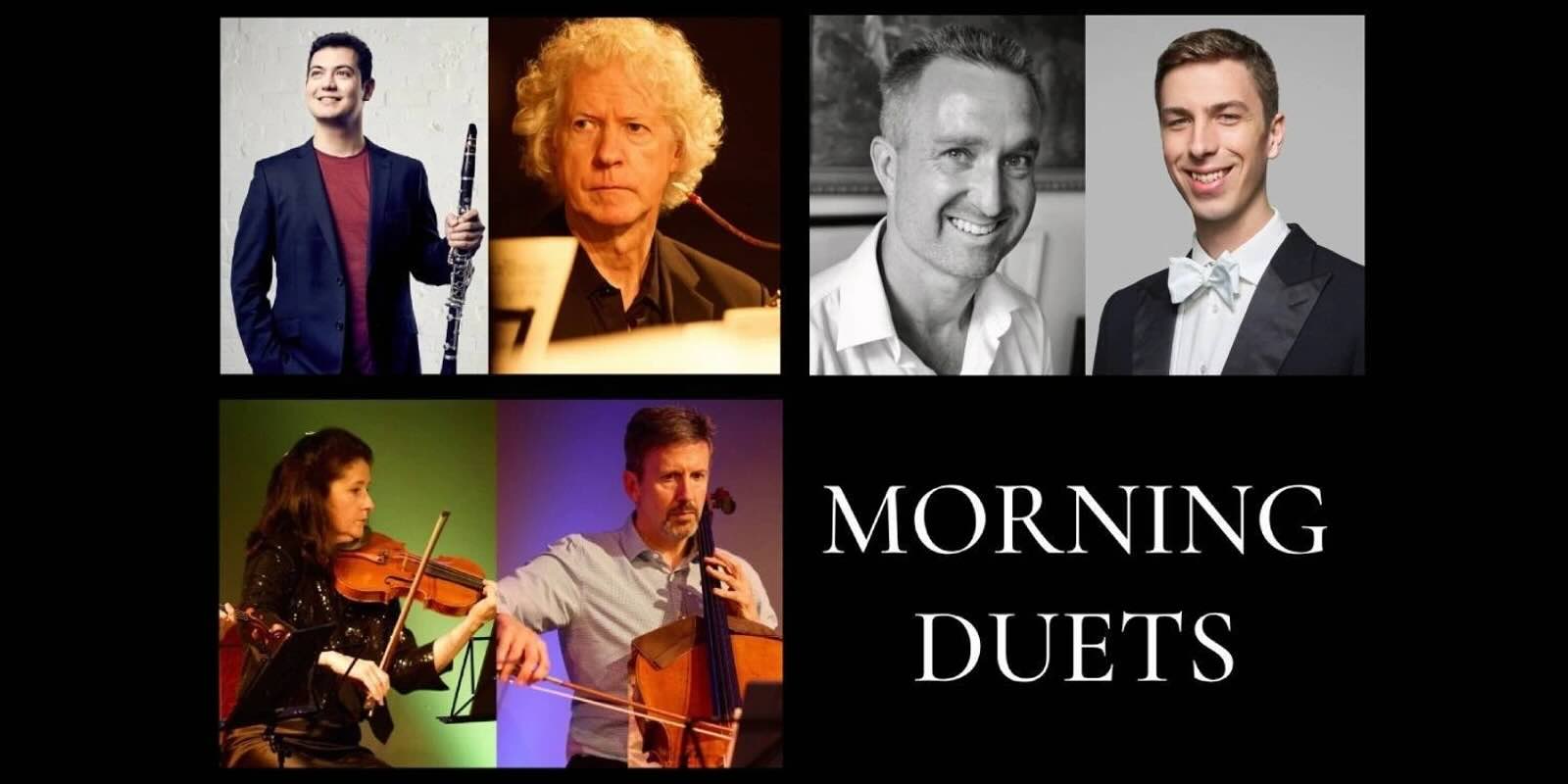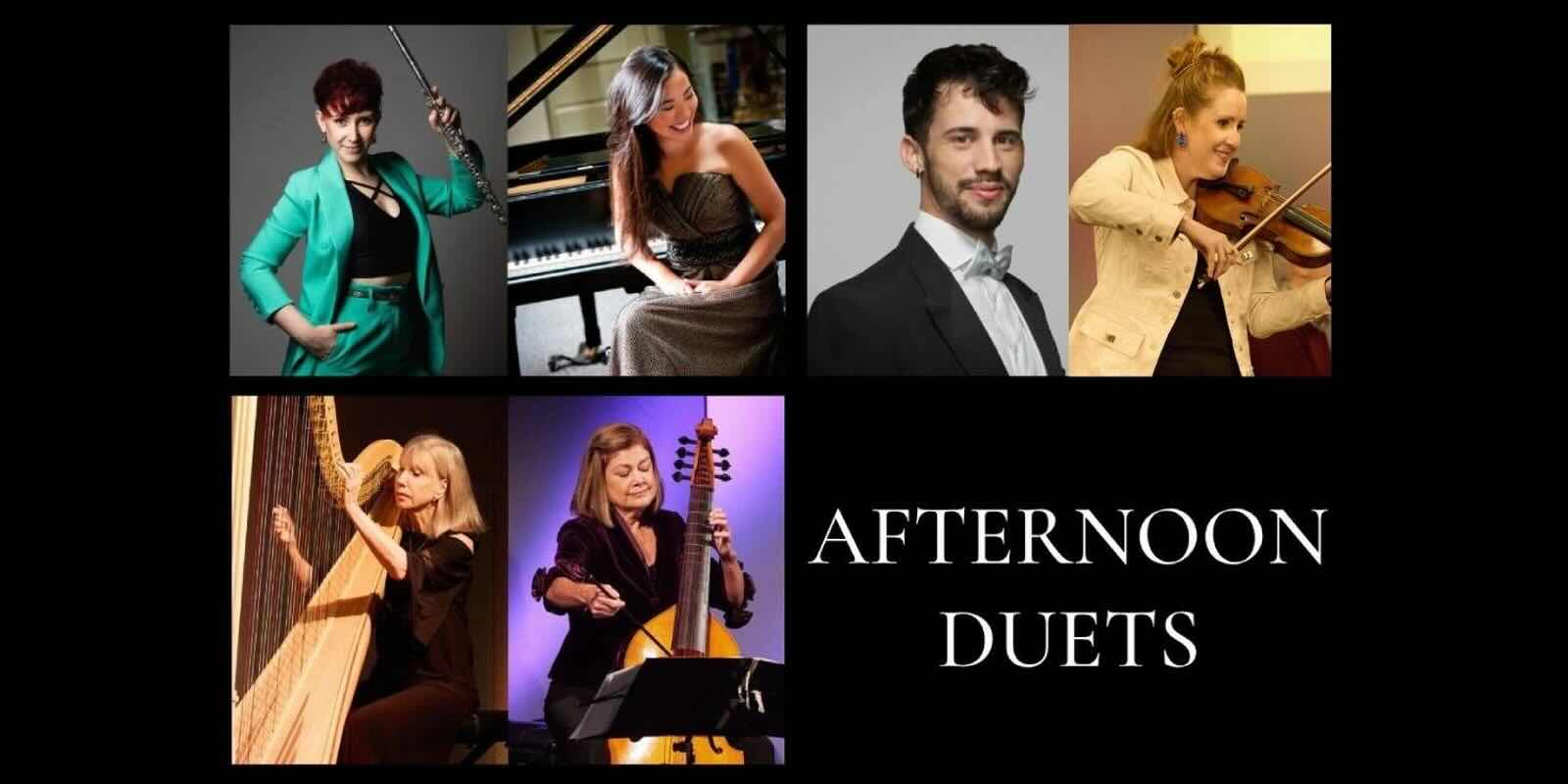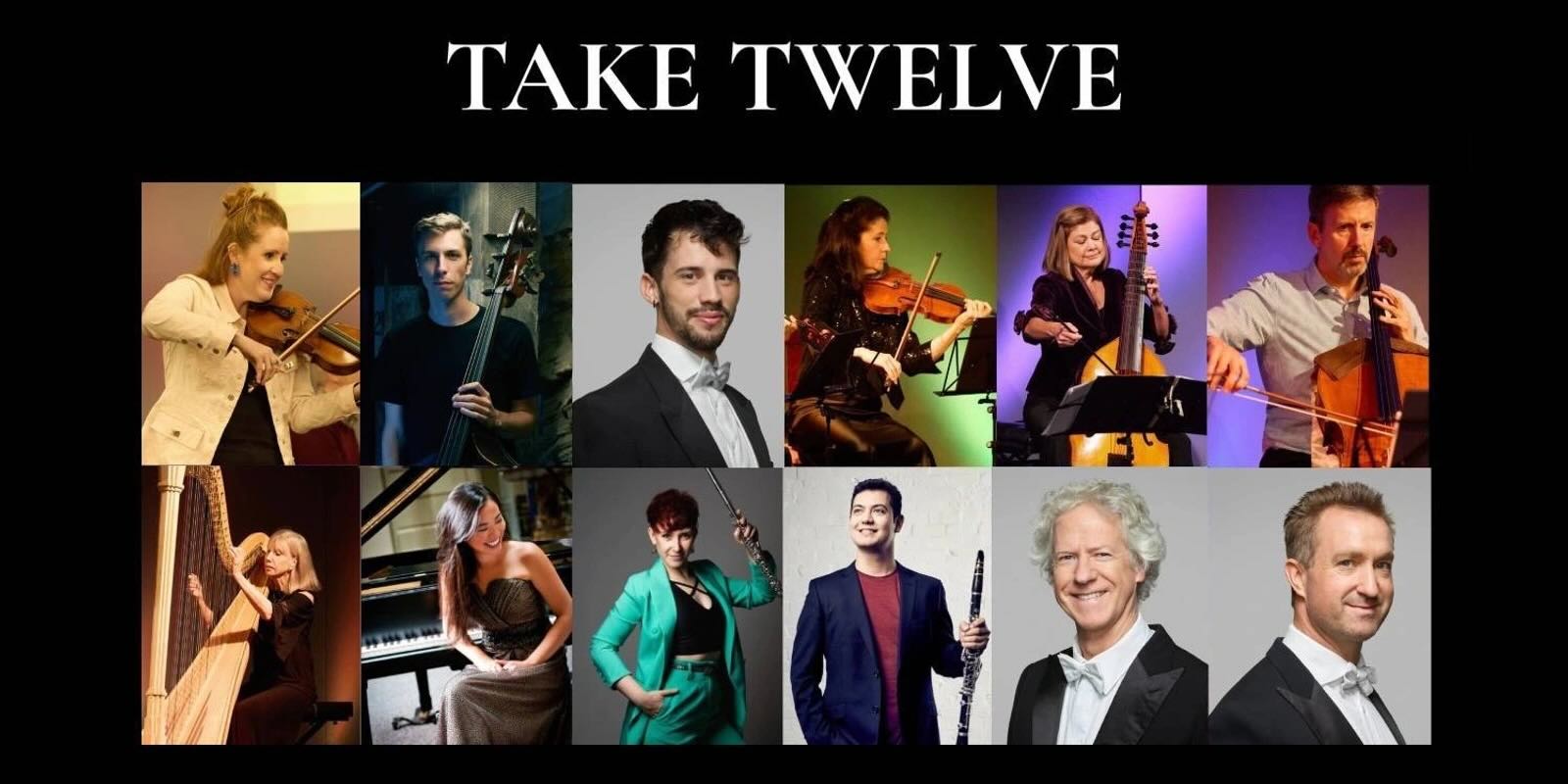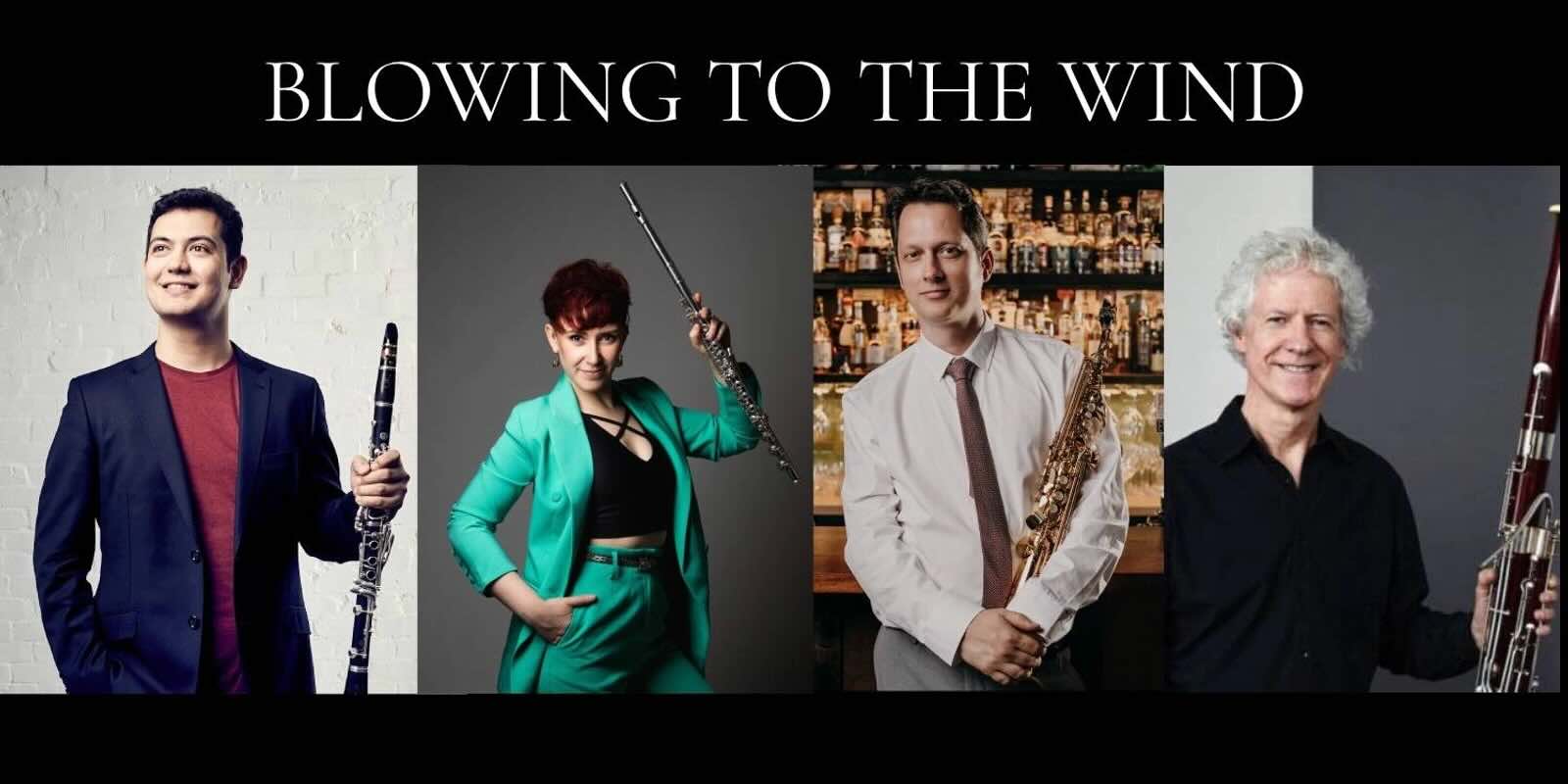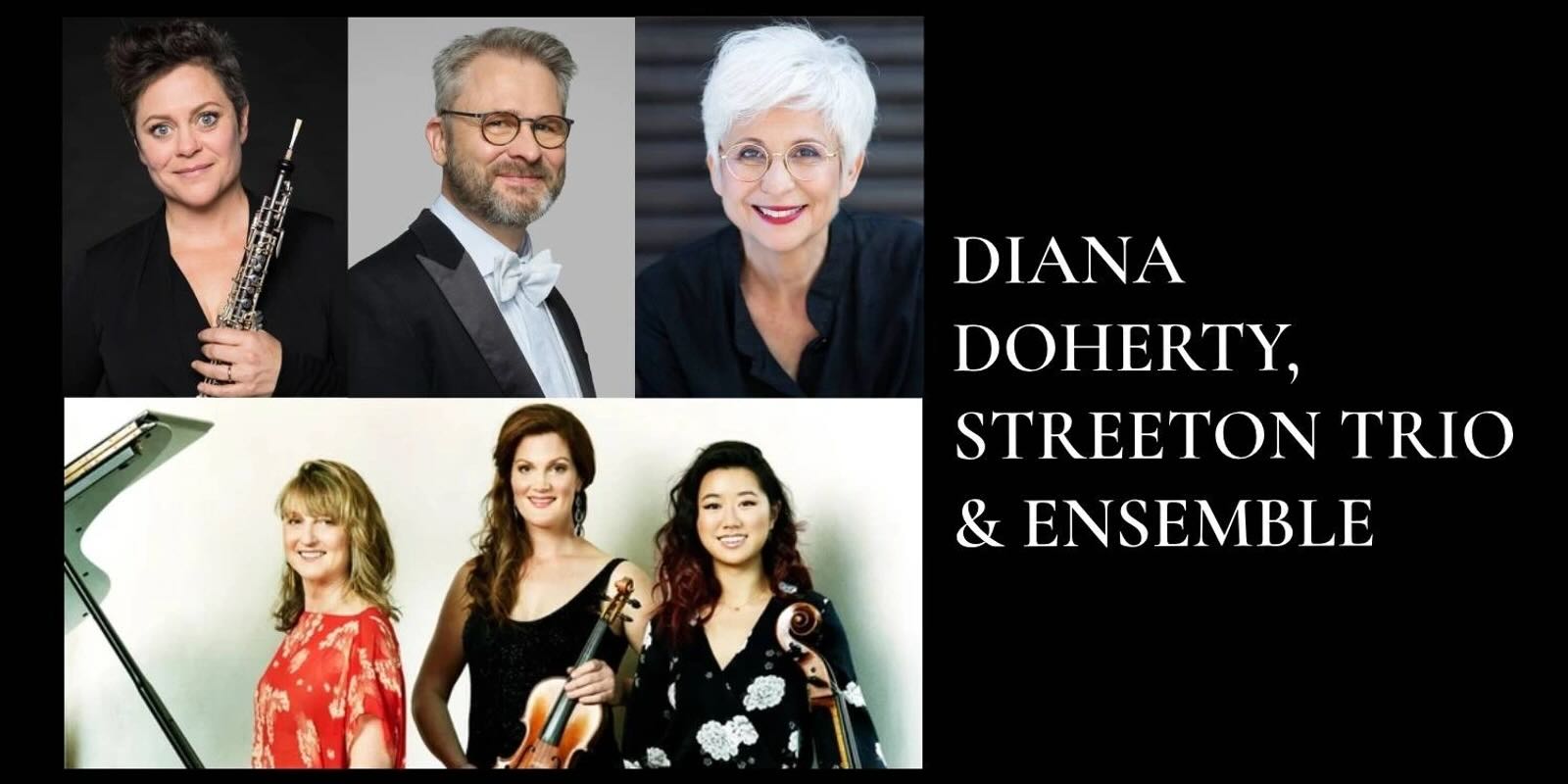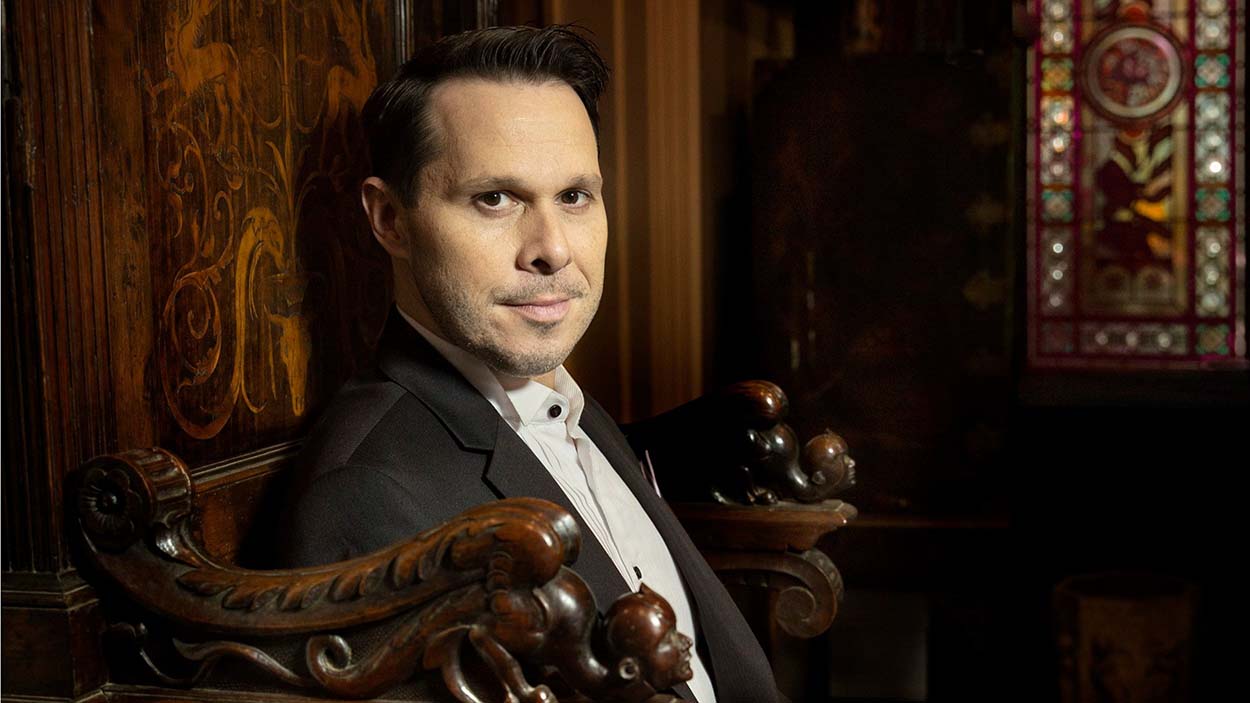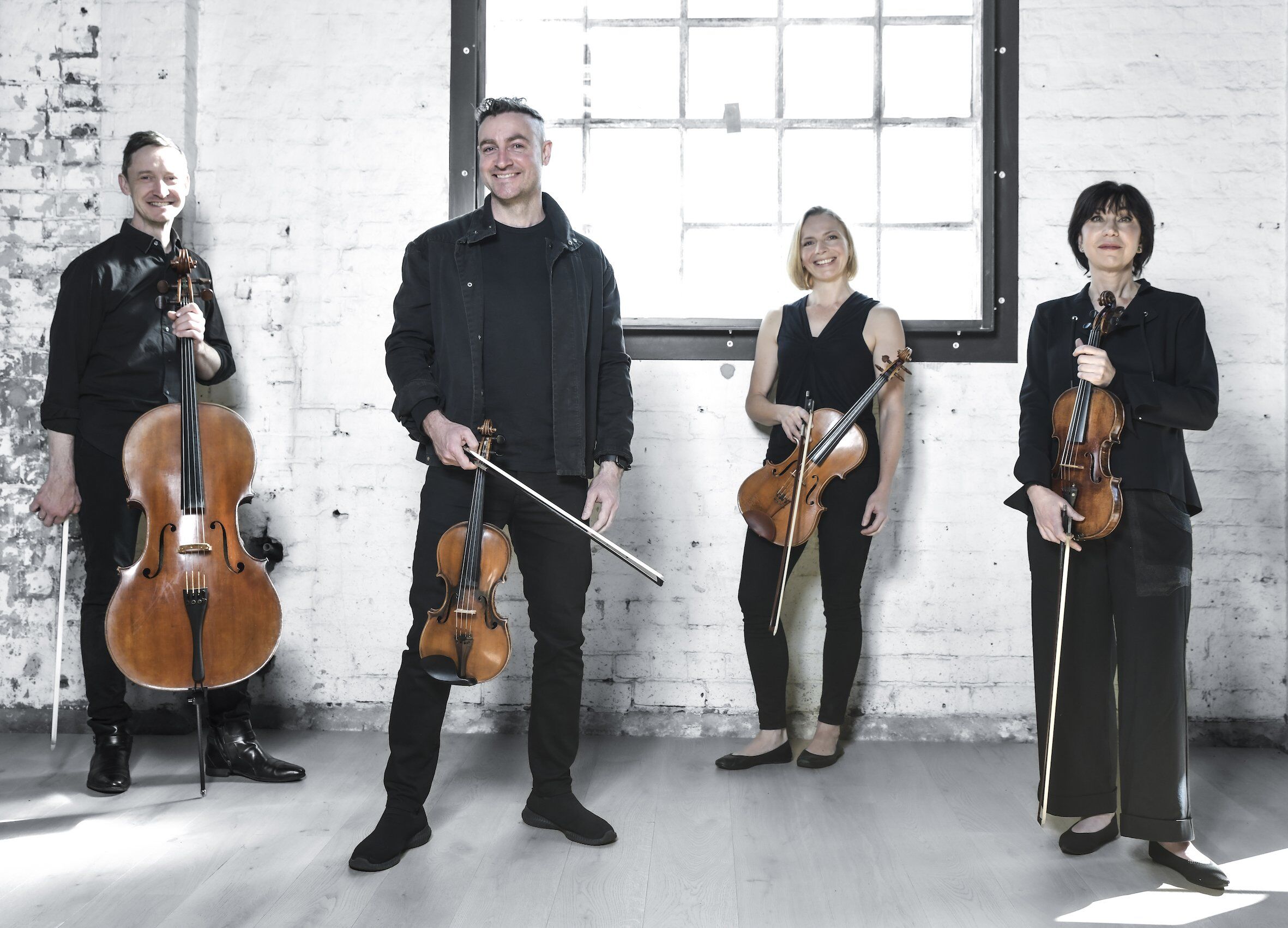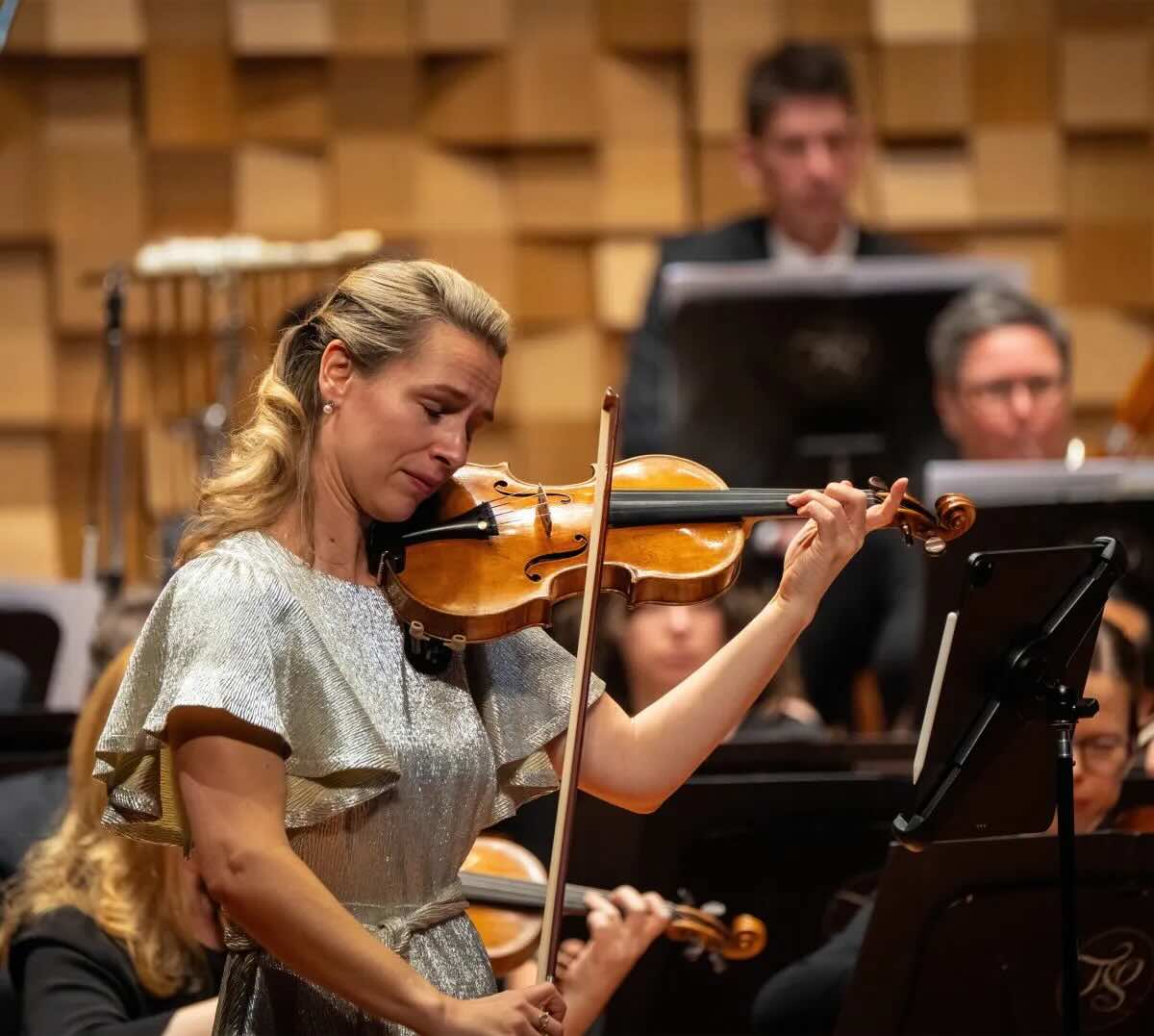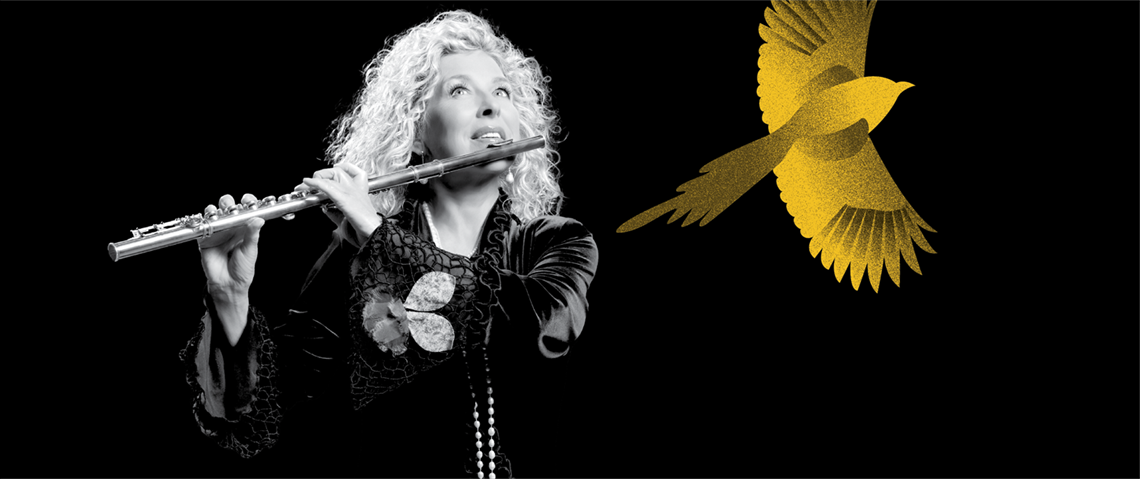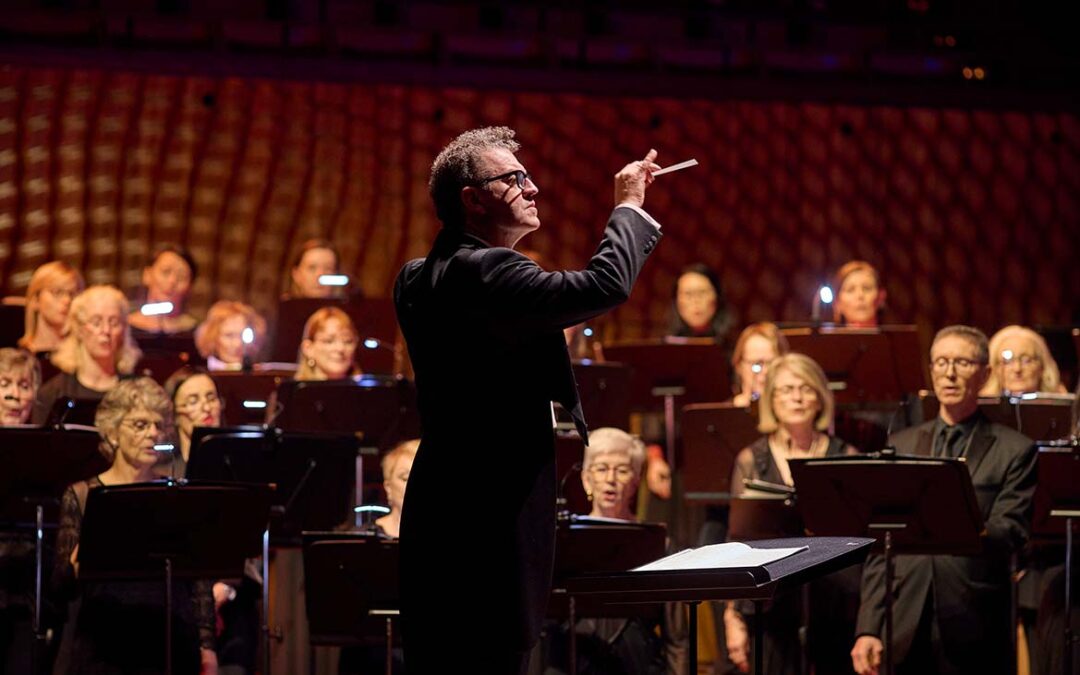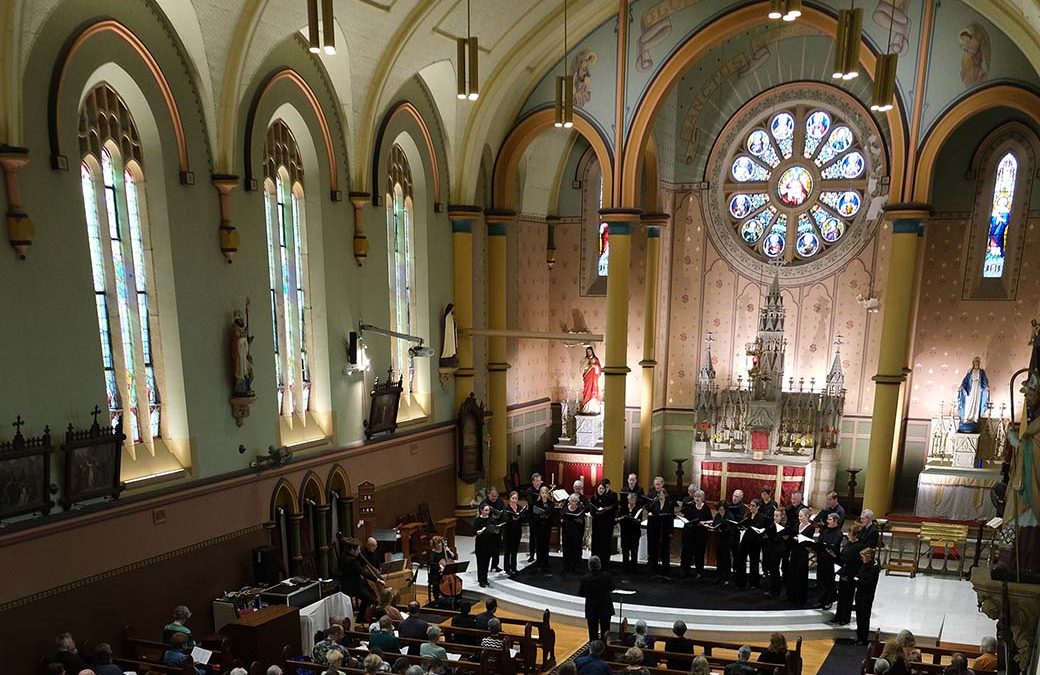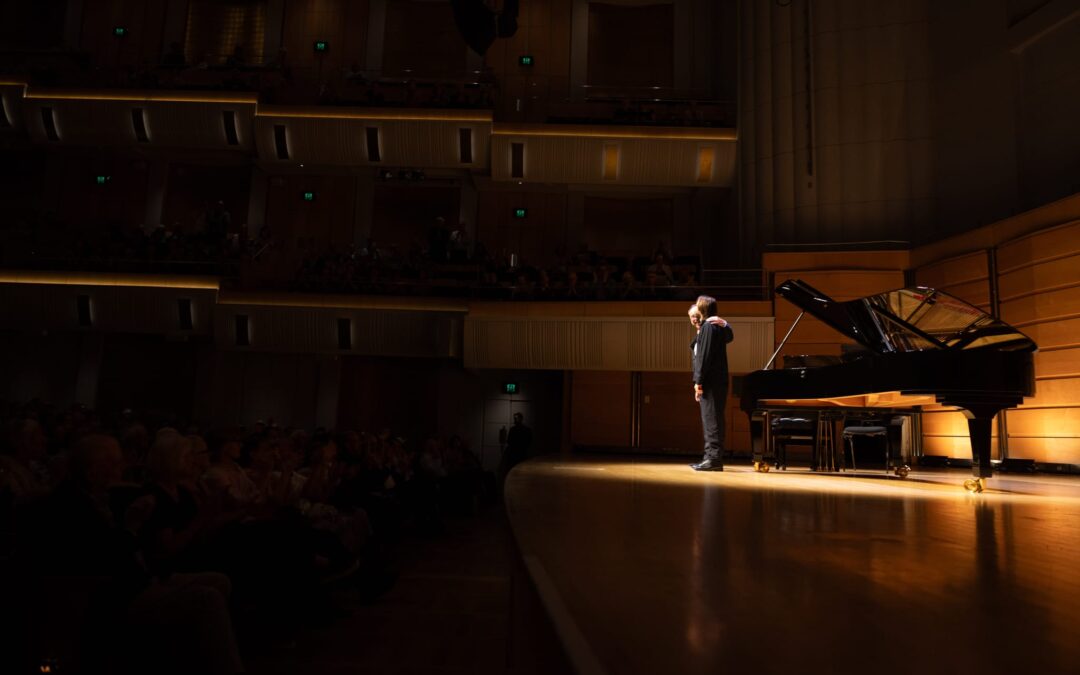In our occasional interview series for 2021, classikON Ambassador Alan Holley discusses the year that wasn’t with Cathy Likhuta
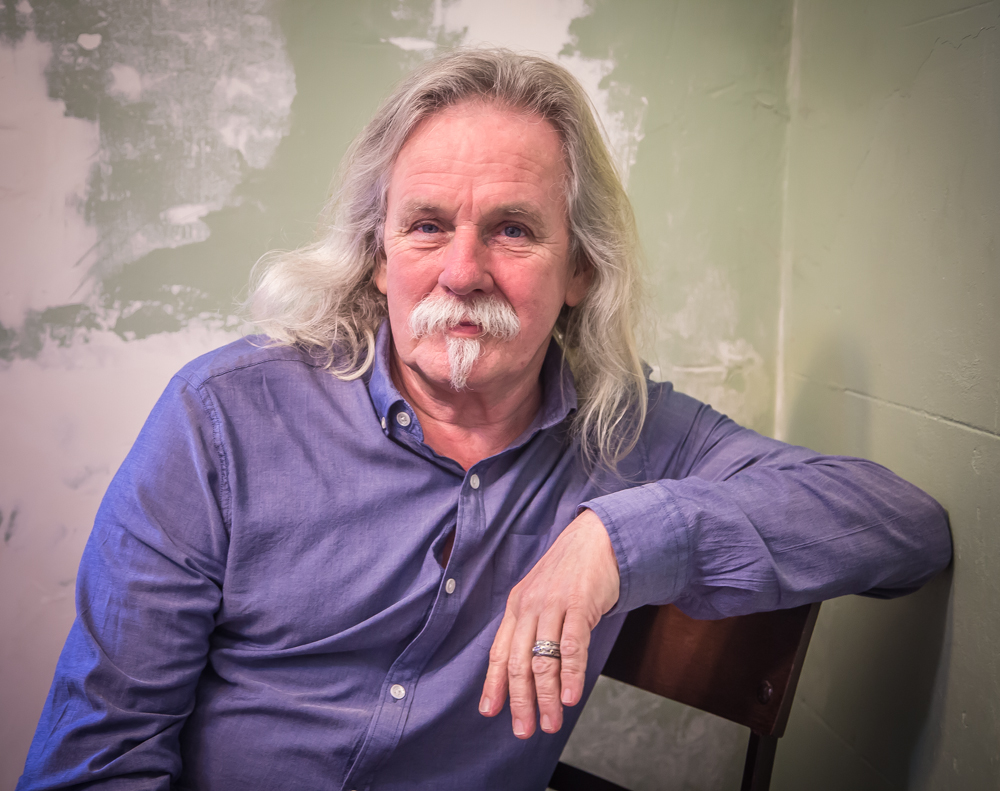 Alan Holley: Cathy, I have only come across your music on YouTube so far and it is my understanding that you are a very active composer in Brisbane. However, so many of your performances seem to come from the USA. Did 2020 put a dampener on your career and will the effect impact this year and beyond?
Alan Holley: Cathy, I have only come across your music on YouTube so far and it is my understanding that you are a very active composer in Brisbane. However, so many of your performances seem to come from the USA. Did 2020 put a dampener on your career and will the effect impact this year and beyond?
Cathy Likhuta: Thank you for interviewing me, Alan! I believe 2020 put a dampener on most artists’ careers, sadly. It is hard to tell just how big the long-term impact will be for the entire industry, both in Australia and across the globe.
For me personally, several major commissions had to be either cancelled, postponed by a year or postponed indefinitely. The cancellation that I was, perhaps, most heartbroken by was that of a performance of my symphonic poem Rituals of Heartland as part of the Queensland Conservatorium Griffith University Symphony Orchestra’s 2020 concert season. As a female composer in Australia, performances by symphony orchestras are such rarity that you learn to truly cherish every single opportunity like this. Plus, QCGU’s symphony are exceptional players, and they were to be led for this performance by the fantastic guest conductor, Jessica Cottis, with my piece sharing the program with classics like The Poem of Ecstasy. In addition to that, numerous performances of my band piece Home Away from Home had to be cancelled/postponed across the US, Australia and Europe…
Interestingly, though, the score sales for my chamber works did not take much of a plunge. In the recent months, they may have even grown. The first few months of the pandemic, score sales almost didn’t happen, and I thought that would last for a very, very long time. However, I remember several musicians from the US and UK buying a few of my scores (available from my website) just a few months into the pandemic, and it was not just income for me – it felt like hope.
AH: The loss of opportunities in 2020 has led to some composers finding that their activities for the future performances and commissions disappearing. Has this affected you – in Australia and elsewhere?
I’ve been active as a composer for a rather long time now. Nearly two decades, to be exact. There are three main types of opportunities for a composer that I can think of: the ones where a composer seeks commissioning opportunities, the ones where performers/commissioning organisations seek a new composer to collaborate with, and the ones where performers/commissioning organisations seek a particular composer. (These often naturally align with stages of a composer’s career.) I’ve worked extensively in several fields across my career in which I now have a following; namely, in horn music, saxophone music and wind band music. This year, more than ever, I feel the support of these music fields. New projects are coming forward in all three, and I feel inspired, blessed and grateful. This year, I’m also involved in more Australian-based projects that ever before, which makes me feel appreciated as an Australian artist. I love working with Australian musicians. It is an absolute honour for me to be named the 30th Tyalgum Music Festival’s composer-in-residence this year and to be writing a new commission for the event. I am also writing new commissions for Trichotomy and several other Australian-based organisations this year and am also looking forward to my music’s performances at the Australian National Band and Orchestra Conference in Perth in September.
AH: Have you found that collaborating with other composers and performers can lead to a more expansive presence in the Australian music scene?
I believe so. I haven’t had a chance to collaborate with many composers yet. I’ve had a concert opportunity with another Brisbane-based composer, Thomas Green (a fellow UQ PhD). Tom and I both enjoy writing rather energetic music, and having a concert packed with that joint energy, in the middle of the pandemic (September 2020, at QCGU) was just a fantastic way to return back to the concert hall after the very long break, for everyone. Now, Tom and I are writing new compositions for Trichotomy’s commissioning project, and I am looking forward to hearing how our pieces will complete each other.
Ultimately, you never really know what would lead to a more expansive presence in the Australian music scene! But having live collaborations and interactions with performers is one of the best parts of my job, in my opinion. So, I’m collaborating mostly for fun, for my own personal enjoyment and learning. And if those collaborations lead to new opportunities in the future – that is an amazing added bonus. That’s how I see it.
The few events of last year and on the horizon now that include new music seem to now focus on small scale works – solos and duos predominate. Does this suit your musical vision?
I was always happy with a healthy mix of everything. Solos and duos are great, as you can really focus on the individual capabilities of the instruments and particular performers who commission you, and you don’t have to worry about making individual parts. Having said that, my current list of projects for this year includes a solo, a duo, a large chamber ensemble, and a band piece for 50+ performers. And possibly a concerto in the early 2022! So, it is still very much a mix of everything, luckily.
What will be the reinvigorating event for you this year?
My current project is a wind band piece called Planet B, commissioned by an international consortium of 35 universities, high schools, youth bands, community bands and conductors. I honestly cannot believe that 35 organisations managed to support this project in such difficult time, and that over 2,000 young musicians will be performing this piece across Australia, the USA and Canada in the next two years (after which the piece will be available to general public). The piece is about children and what kind of planet we are leaving behind for them. It is about the ecology and the hardships of our planet, but ultimately it is also about hope and optimism and positivity that the next generation represents. This project and such strong support from these organisations have been the ultimate ray of hope and positivity for me as a composer. During the pandemic and beyond – and always – I am grateful for every single performance of my music. I know there is a lot of excellent repertoire out there, and I will never take musicians’ choice to program my pieces for granted.
Catherine Likhuta is an Australian-based composer whose music exhibits high emotional charge, programmatic nature and rhythmic complexity. Her works have been played throughout the United States, Europe and Australia by prominent orchestras (such as Melbourne Symphony Orchestra and the University of Georgia Hodgson Wind Ensemble), chamber groups (such as Atlantic Brass Quintet, U.S. Army Field Band Horns, Ensemble Q and Western Brass Quintet) and soloists (including Peter Luff, Paul Dean, Michael Duke, Andrew Pelletier and Denise Tryon). Her pieces have been played at Carnegie Hall, Glyndebourne Opera House, five International Horn Symposiums, two World Saxophone Congresses, the Midwest Clinic and many other festivals and conferences. She was the winner of the 2014 and 2020 International Horn Society Composition Contest (virtuoso division) and the 4MBS Kawai Composition Contest, as well as recipient of numerous grants and awards.
Catherine holds a Bachelor’s degree in jazz piano from Kyiv Glière Music College, a five-year degree in composition from Kyiv Conservatory and a PhD in composition from the University of Queensland. Her music can be heard on Albany, Cala, Equilibrium and Summit Records.

